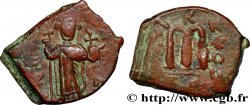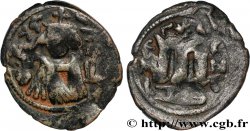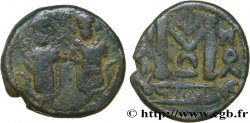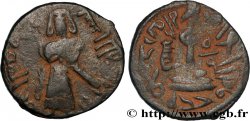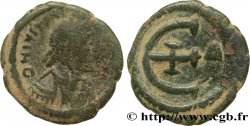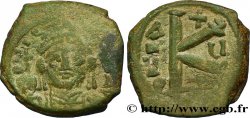bby_398675 - ARAB-BYZANTINE Fals
100.00 €(Approx. 116.00$ | 88.00£)
Quantity
Add to your cart

Type : Fals
Date: c. 670
Mint name / Town : Émèse
Metal : copper
Diameter : 21 mm
Orientation dies : 6 h.
Weight : 4,04 g.
Rarity : R1
Coments on the condition:
Exemplaire sur un flan bien centré à l’usure très importante. Patine verte et sable
Catalogue references :
Obverse
Obverse legend : KLEON, INSCRIPTIONS MIXTES GRECQUES ET ARBAES.
Obverse description : Buste couronné de face de l’empereur, vêtu de la chlamyde, tenant le globe crucigère de la main droite.
Reverse
Reverse legend : EMI/ CIC, DE CHAQUE CÔTÉ ET À L’EXERGUE EN ARABE.
Reverse description : Grande M stylisée et delta attaché aux jambages du M, surmonté d’un astre à huit rais.
Reverse translation : “Emesis”, (Hims, Émèse).
Commentary
Exemplaire bien frappé, pour un monnayage généralement très usé, signe d’une intense circulation. Il semble que cette imitation a pour prototype l’un des folles de Constant II, émis à Constantinople entre 651 et 658 (types 5 à 7 de la B.N.). .
Well struck example, for a coinage generally very worn, a sign of intense circulation. It seems that this imitation has as its prototype one of the madmen of Constant II, issued in Constantinople between 651 and 658 (types 5 to 7 of the BN).
Well struck example, for a coinage generally very worn, a sign of intense circulation. It seems that this imitation has as its prototype one of the madmen of Constant II, issued in Constantinople between 651 and 658 (types 5 to 7 of the BN).







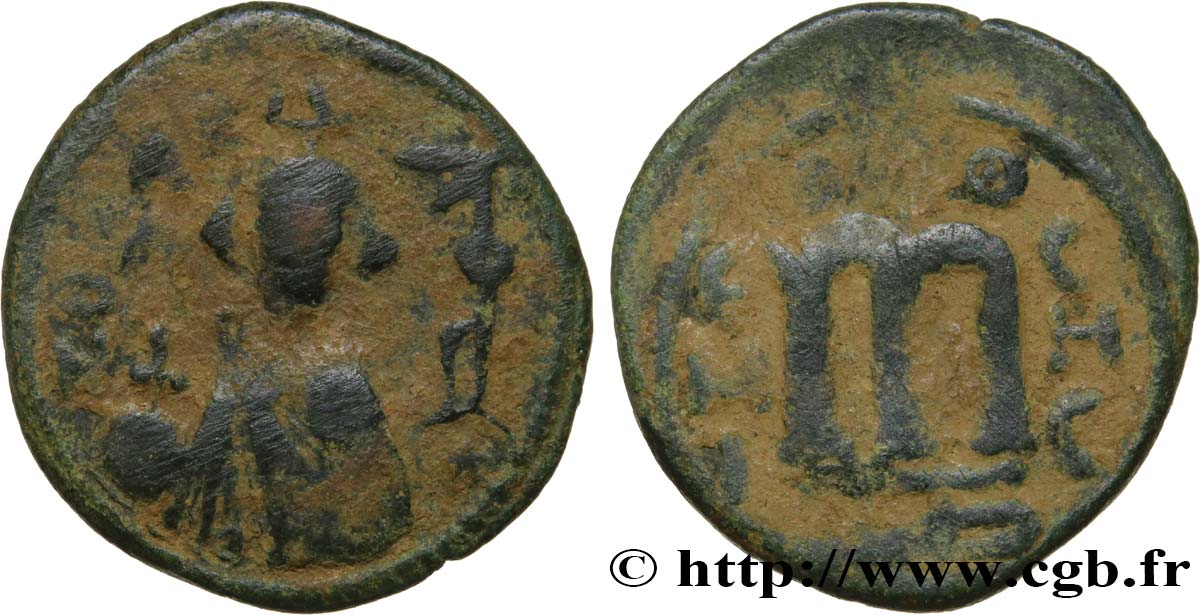
 Report a mistake
Report a mistake Print the page
Print the page Share my selection
Share my selection Ask a question
Ask a question Consign / sell
Consign / sell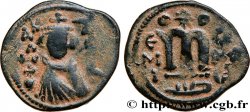
 Full data
Full data